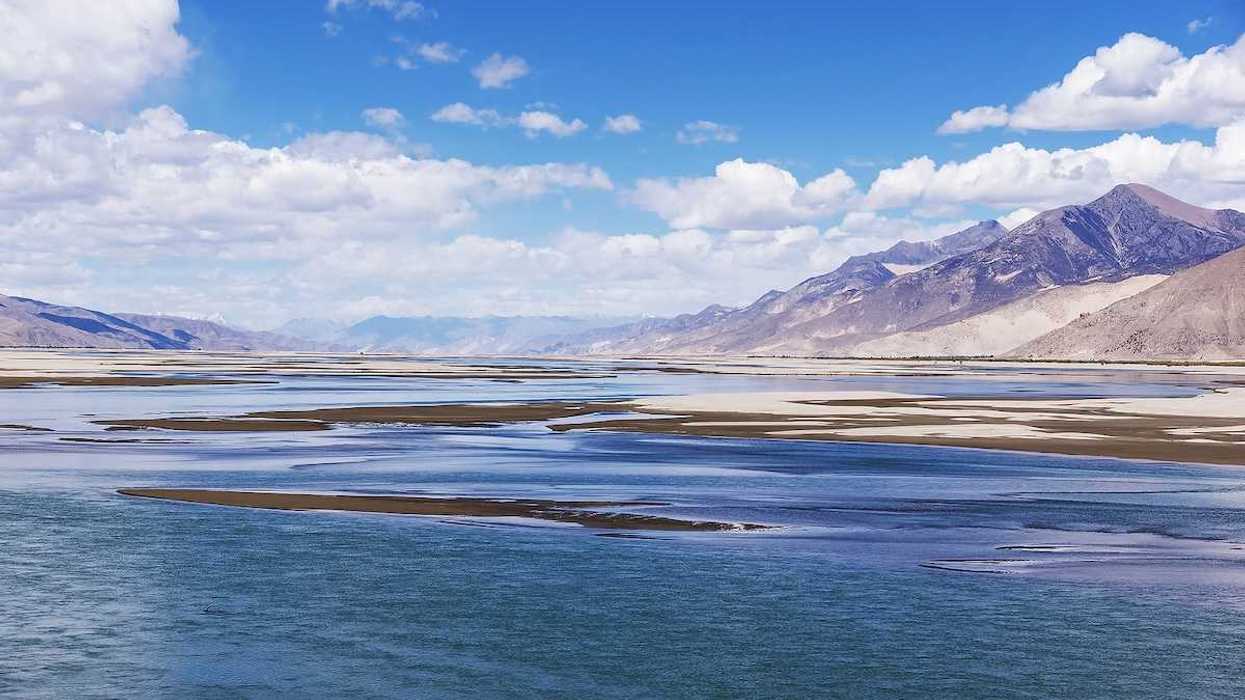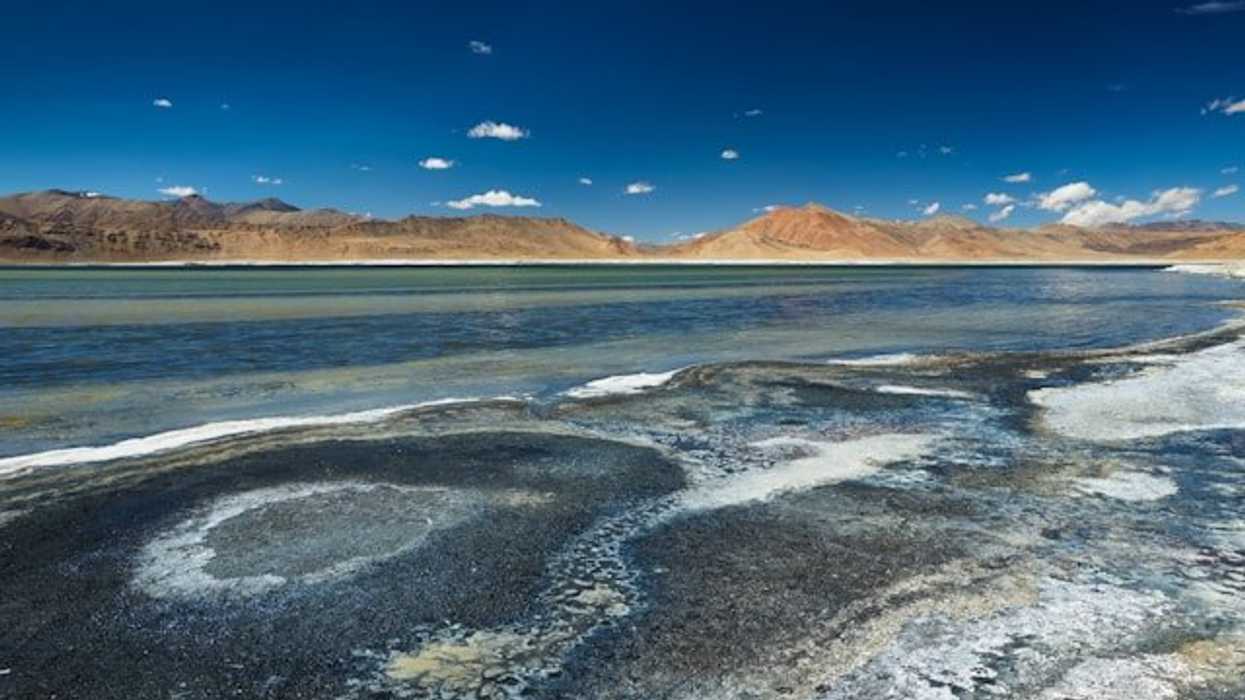The U.S. Environmental Protection Agency has rejected Alabama's plan for managing coal ash, citing inadequate protections for water and communities, potentially forcing utilities to remove ash from unlined ponds.
Lee Hedgepeth reports for Inside Climate News.
In short:
- The EPA found Alabama's coal ash permit program less protective than federal standards, particularly regarding groundwater contamination.
- If finalized, the decision would require utilities to excavate millions of tons of wet coal ash from unlined ponds.
- This action aligns with the Biden administration's commitment to environmental justice, especially for vulnerable communities.
Key quote:
"Exposure to coal ash can lead to serious health concerns like cancer if the ash isn’t managed appropriately. Low-income and underserved communities are especially vulnerable to coal ash in waterways, groundwater, drinking water, and in the air."
— Michael S. Regan, EPA Administrator
Why this matters:
Coal ash contains toxic substances like mercury and arsenic that can contaminate water sources, posing significant health risks. The EPA's decision signals a potential upheaval for utility companies, who may now be compelled to excavate coal ash from unlined ponds—an expensive and logistically complex task.














